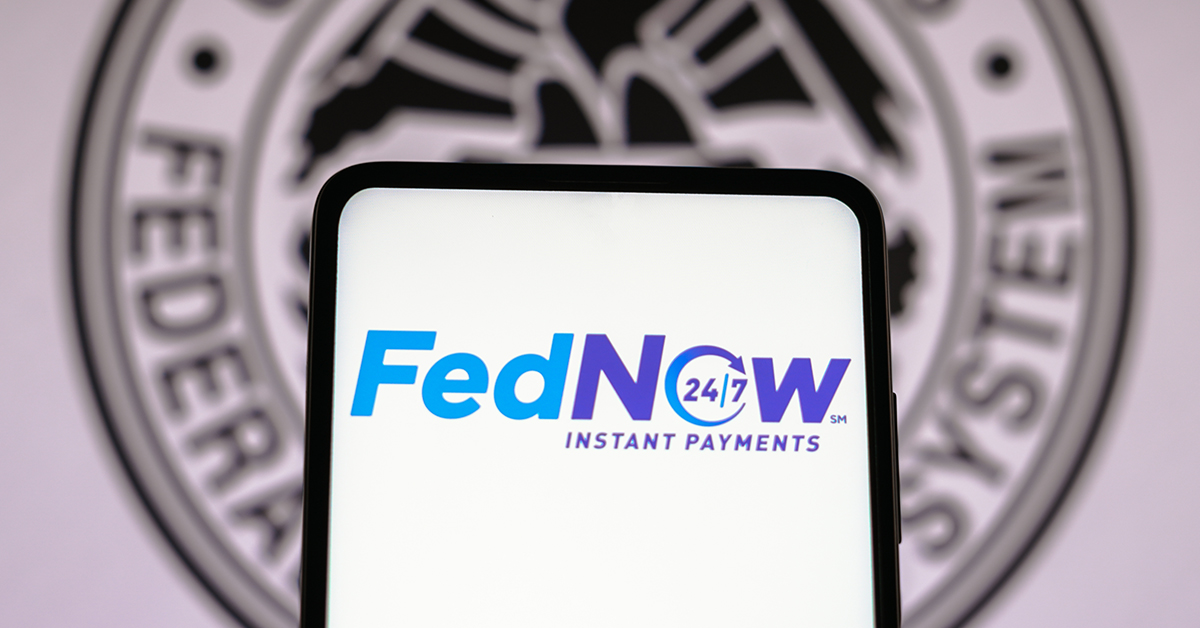
There have been lots of write-ups about the launch of FedNow which went live last Thursday.
FedNow is a real-time payments service for American banks, and gives them 24*7 real-time money transfers throughout its interbank system. Woo-hoo!
As Stephany Kirkpatrick, Founder and CEO of Orum, explains on Quora:
FedNow is an upcoming instant payment platform designed to safely and efficiently provide access to funds in real time, 24/7/365. This new rail will move money between sending and receiving banks instantly, so the receiving party has access to the funds within seconds. FedNow guarantees this will happen within 20 seconds, and often much faster.
FedNow will also settle and clear online payments 24/7/365 including nights, weekends, and all holidays. The banks on both sides of the transaction instantly exchange the necessary information to immediately move the money between customer accounts, and interbank settlement happens after the receiving bank has confirmed the recipient’s account information. Both the sender and receiver are notified whether the payment was successful.
What’s more, the backing of the Federal Reserve means FedNow can immediately ensure both banks are made whole: When money is sent it comes out of the sending institution’s master account at the Fed, and it’s deposited into the receiving bank’s Fed account.
It’s a faster payments system for America.
I anticipated its launch back in March yet, now it is live, many seem disappointed by it. For example Erin McCune, a payment geek and fintech strategist at Bain & Co, wrote an interesting view on LinkedIn, explaining that:
“In the long lead up to this milestone, near-real time offerings like Same Day ACH (Automated Clearing House), Zelle, and Venmo have gained significant traction. RTP (Real-Time Payments) isn't likely to replace any of those offerings. In fact, Zelle uses TCH (The Clearing House) RTP to settle between banks and Venmo can take advantage of real time transactions for funding and disbursement to/from your Venmo account. And in many situations, Same Day ACH may be fast enough.”
McCune went on to say, “Once enough banks are connected to FedNow and/or TCH RTP, real time payments in the US could be an attractive alternative to other existing payment options, particularly standard ACH, checks, and low-value domestic wire transfers. However, the adoption of RTP will significantly vary by use case.”
Equally, is there some bucking of the system here? Caitlin Long spotted the fact that the Federal Reserve gave Adyen, one of the 35 banks and credit unions with access to the new service, a federal master account in July 2020—a year before the Amsterdam-based company was approved to establish a branch in the U.S.
On Forbes, Rocio Wu predicts that FedNow will mean a major movement in America away from cash and checks – about time! – but how long will that take? A decade or more?
Meantime, Ron Shevlin points out that, in a survey of banks and credit unions by Cornerstone Advisors, less than half of banks and just 42% of credit unions expect to offer real-time payments by the end of 2023.
Ron notes that “another factor influencing the uptake of FedNow is the ‘send’ versus ‘receive’ aspect. Many of the early providers of the service plan to accept, or receive, real-time payments, but few of them are planning to turn on the “send” capabilities. If nobody sends instant payments, how can anyone receive them?”
At least some are optimistic. For example, Plaid CEO Zach Perret believes that FedNow will “increase consumer choice, increase competition, increase optionality for people out there. The big question in my mind is actually how fast banks are going to adopt it.”
And I guess that is the core question raised by Ron and Zach: if I can send, will you receive? If I want to receive, can you send?
These are the questions that buzzed around UK markets when Faster Payments was launched by VocaLink back in 2008, fifteen years before FedNow. Of course, the more banks that committed to Faster Payments, the faster it grew. I am sure the same will happen with the American system. The only thing that gets me is that it took them fifteen years to get there.
Chris M Skinner
Chris Skinner is best known as an independent commentator on the financial markets through his blog, TheFinanser.com, as author of the bestselling book Digital Bank, and Chair of the European networking forum the Financial Services Club. He has been voted one of the most influential people in banking by The Financial Brand (as well as one of the best blogs), a FinTech Titan (Next Bank), one of the Fintech Leaders you need to follow (City AM, Deluxe and Jax Finance), as well as one of the Top 40 most influential people in financial technology by the Wall Street Journal's Financial News. To learn more click here...

